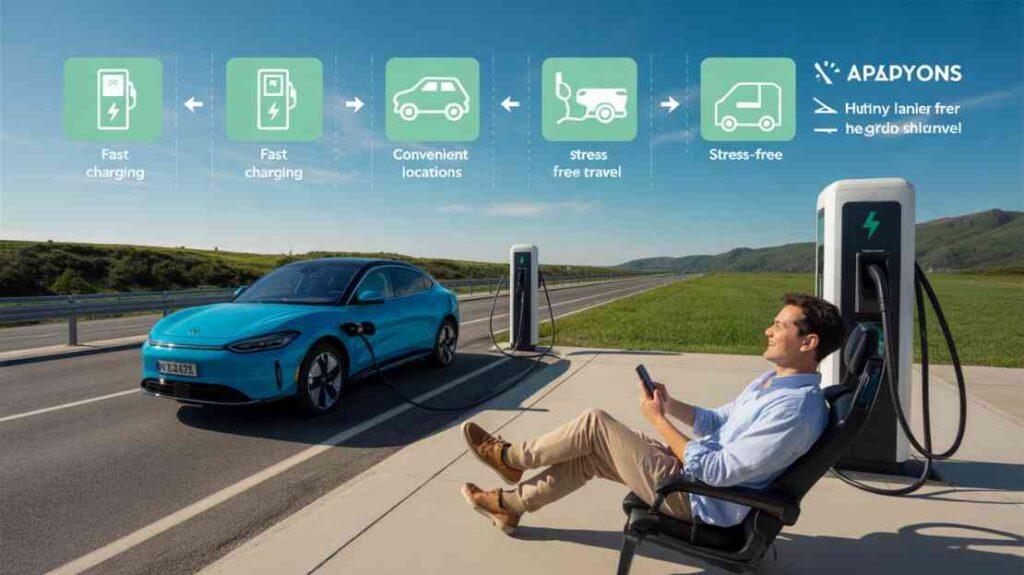Growing demand for cleaner mobility, supportive policies and fast-advancing technology have made the search for electric car charging stations near me one of the most common queries among forward-thinking motorists and business owners alike. Whether you want to franchise a new charging hub, add EV facilities to an existing site or simply keep your own car topped up, understanding how the charging ecosystem works gives you a commercial edge and peace of mind on the road.
Understanding Electric Car Charging Stations
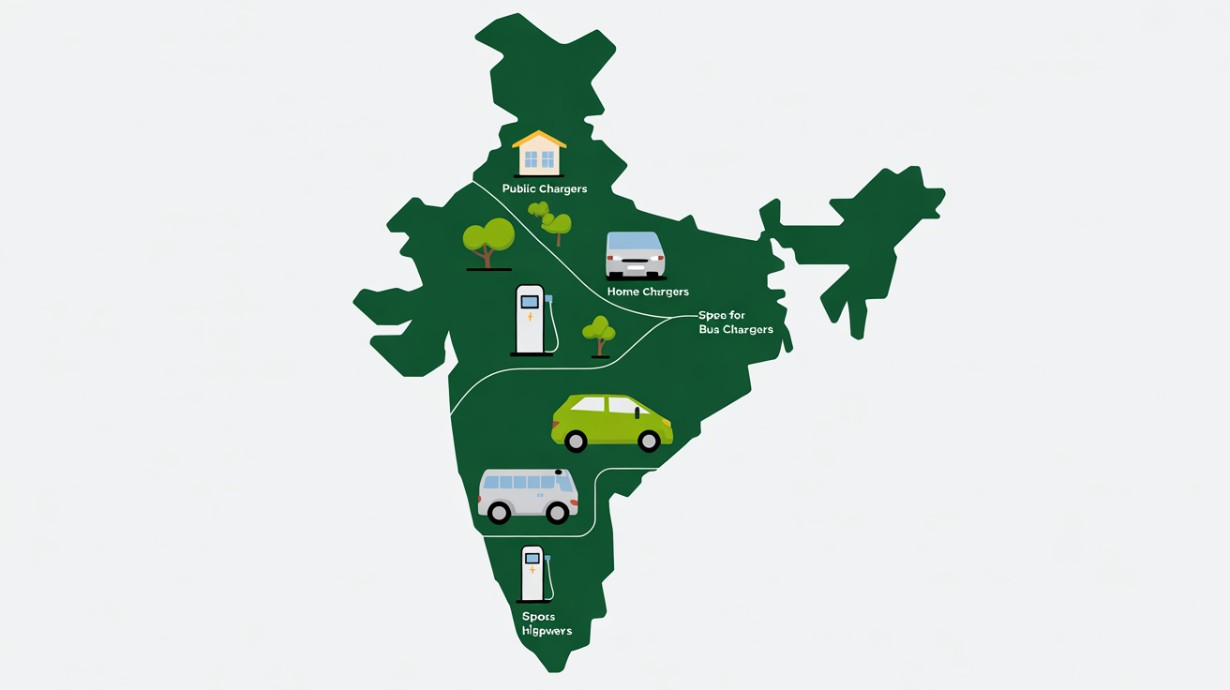
Electric car charging stations are the backbone of the wider EV revolution. Without a reliable web of plugs, cables and payment systems, even the best-designed car cannot travel far. India’s largest public network—Tata Power EZ CHARGE—already offers more than 5,500 public chargers, over 1.2 lakh home units and 1,200 bus chargers across 620+ cities. These numbers show how rapidly infrastructure is scaling, and they illustrate why locating electric car charging stations near me is becoming easier every month.
Beyond convenience, charging points matter because they cut tail-pipe emissions. In Delhi, two- and three-wheelers alone contribute roughly 42 per cent of PM 2.5 pollution. The Delhi EV Policy therefore promises at least 30,000 new charging points to accelerate cleaner light-vehicle adoption. Nationally the stakes are just as high: by 2030 the Government wants 30 per cent of all new vehicles sold to be electric, creating an industry worth an estimated ₹20 lakh crore (US $234 billion) and up to five crore new jobs.
For entrepreneurs, the lesson is clear: the demand for electric car charging stations near me is rising in every market segment, and public policy actively supports expansion. The only real mistakes are underestimating the scale of infrastructure required or ignoring semi-public and private spaces that could host profitable chargers.
Types of Charging Stations
When you think about electric car charging stations near me, remember that the phrase covers three distinct models, each with its own business case and customer base.
Public charging in urban and rural zones
The traditional roadside or forecourt charger is still indispensable. Tata Power’s network, for instance, stretches across city centres and highways, ensuring that inter-state travellers and commercial fleets can refuel quickly.
Home charging solutions for overnight convenience
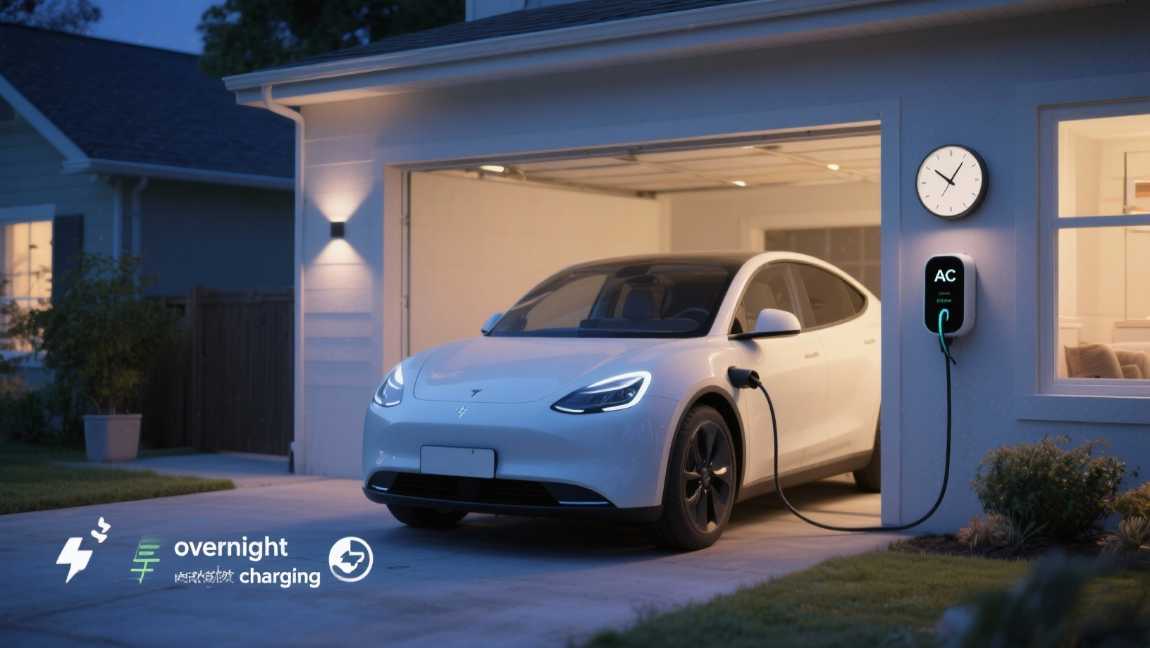
More than 1.2 lakh Indian households already rely on personal wall-boxes to charge while they sleep. For daily commuters this is the simplest, cheapest solution. The trend also proves that offering home-installation services can be a lucrative add-on for any charging-station franchise.
Semi-public chargers in commercial spaces
Shopping centres, theatres and large workplaces provide perfect dwell times for topping up. Delhi’s policy explicitly encourages landlords to host these mid-stay chargers, using private parking bays to extend the public network without acquiring new land.
Avoid the pitfall of focusing on one model alone. A diversified portfolio—perhaps a highway fast-charger cluster, a string of mall installations and a home-installation wing—spreads risk and taps multiple revenue streams.
Finding Charging Stations Near You
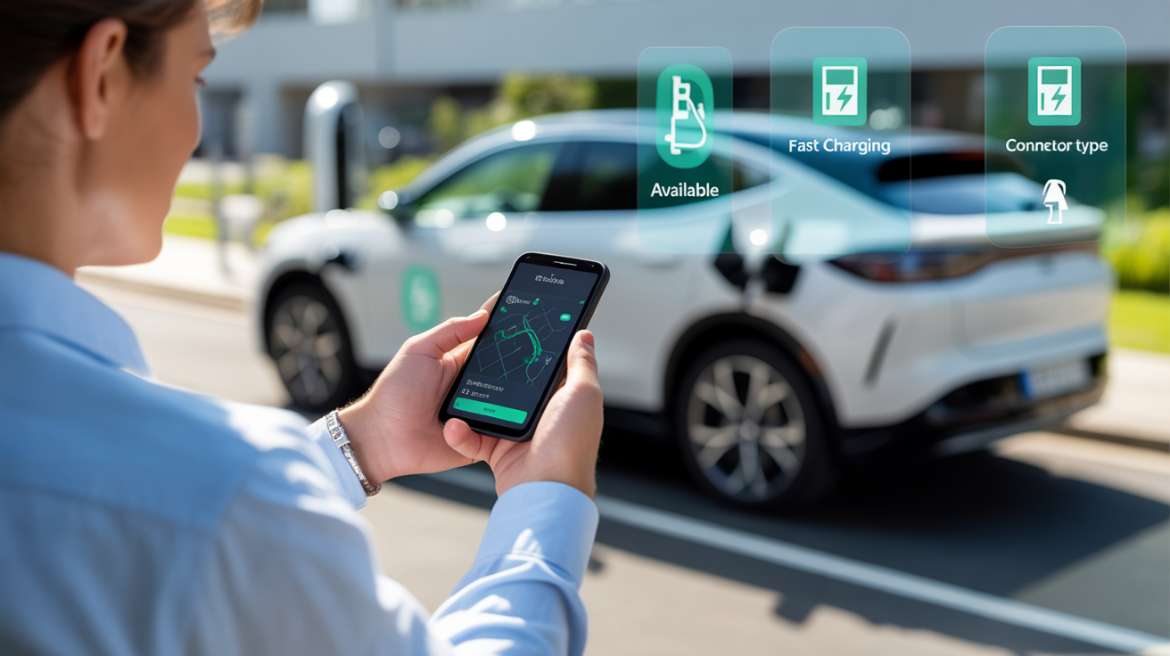
The next logical question is how drivers and fleet managers actually discover electric car charging stations near me in real time. Digital tools are the answer.
Online platforms and dedicated apps
Tata Power’s EZ CHARGE self-care portal lists every node on its network, complete with live availability and pricing. Similar services from Jio-bp keep 24-hour mobility stations visible. When your site appears on these maps, footfall follows.
Real-time status tracking
![]()
Nothing frustrates EV drivers more than arriving at an occupied or out-of-order charger. Live dashboards prevent wasted trips and build brand loyalty. If you plan to run a station, ensure your management software feeds data back to popular mapping services.
Coverage across highways and city centres
India’s 5,500-plus public chargers already span major expressways, while policy makers push for dense city coverage. Yet gaps remain, especially on secondary highways and in tier-II towns. Filling those gaps offers immediate commercial opportunity.
When searching for electric car charging stations near me, avoid three common errors: relying on outdated static lists, forgetting to check connector compatibility and neglecting to plan charging stops on longer journeys. Savvy drivers—and successful station owners—use dynamic tools and think ahead.
Government Initiatives and Incentives
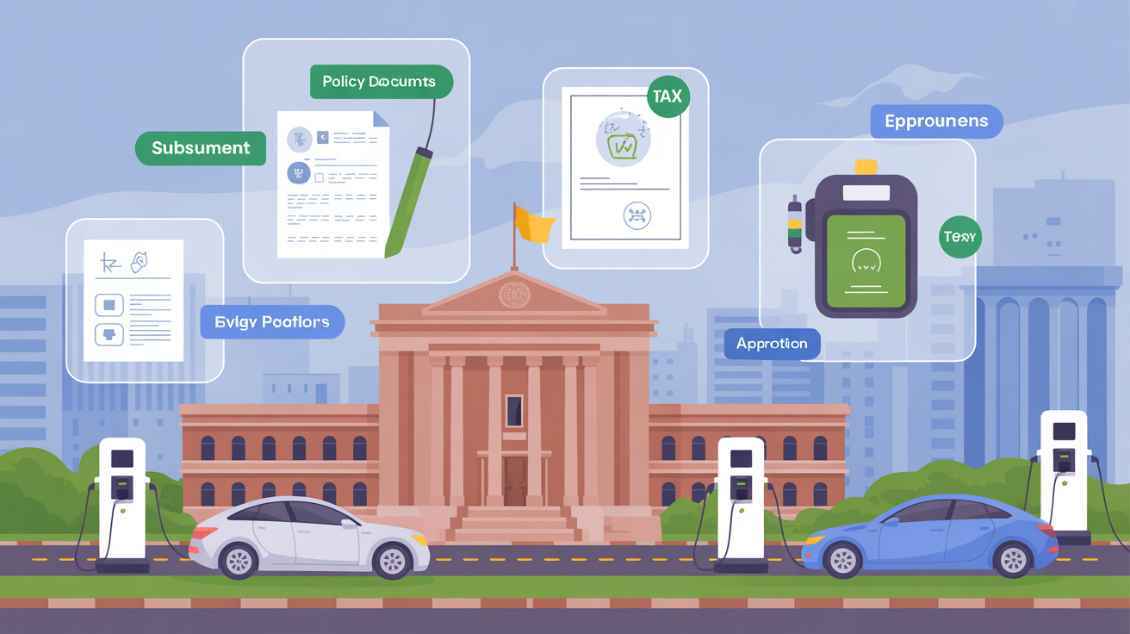
Policy backing is the single biggest accelerator of EV infrastructure, and India provides plenty. Delhi’s working group on charging infrastructure coordinates the roll-out of at least 30,000 public and private points, many located in kirana stores and other semi-public venues. The process for obtaining new electrical connections has been streamlined, slashing red tape for both homeowners and commercial operators.
Subsidies sweeten the deal. Grants for installing home chargers reduce upfront costs, while tax incentives encourage businesses to retrofit parking areas. Centrally, the 2030 electric-sales target signals long-term commitment, giving investors confidence to pour capital into new networks.
Before you budget for electric car charging stations near me, approach local authorities early, secure the correct permits and claim every incentive available. Overlooking these steps can eat into margins and delay opening.
Challenges and Opportunities
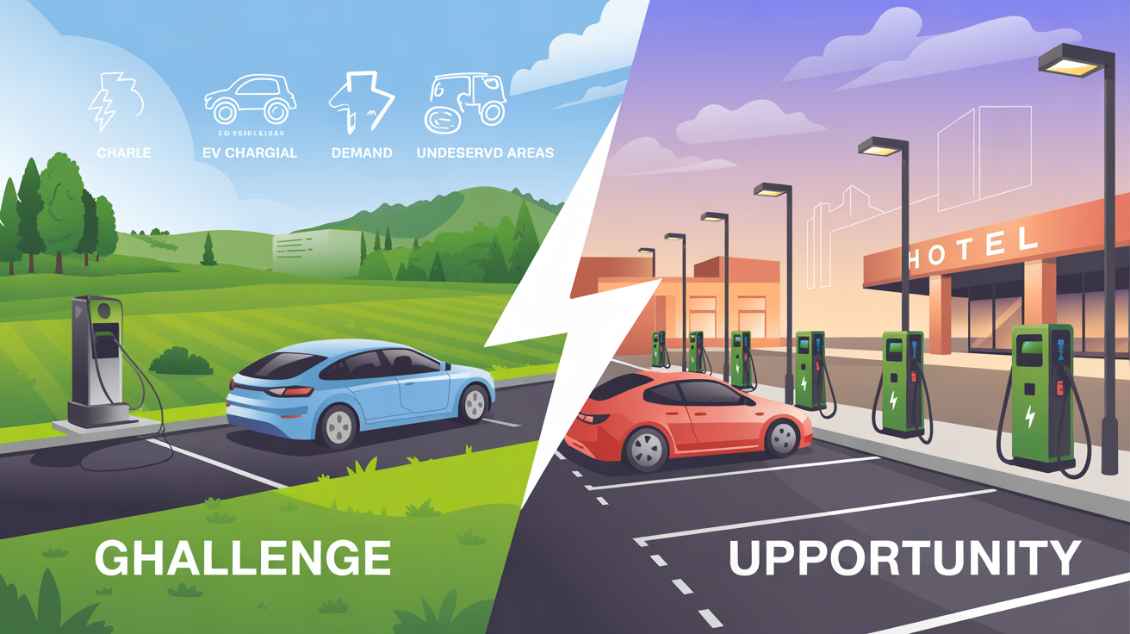
Rapid growth presents hurdles alongside promise. Sparse populations in some rural regions make utilisation rates uncertain. Yet even here the Delhi model offers a blueprint: partner with existing private venues like convenience stores, sharing revenue and land. Strategic public-private partnerships shorten payback periods and speed deployment.
Foreign direct investment pouring into the broader automobile sector illustrates global confidence in India’s EV roadmap. If 30 per cent of new cars are electric by 2030, the country will need a manyfold increase in public plugs. That translates into thousands of micro-markets ripe for entrepreneurs.
The golden rule is collaboration. Coordinate with municipal planners, grid operators, established networks such as Tata Power, emergent players like Thunderplus, and complementary businesses that can host chargers. Skipping stakeholder engagement or ignoring underserved areas are mistakes that stall growth.
Practical Tips for EV Owners
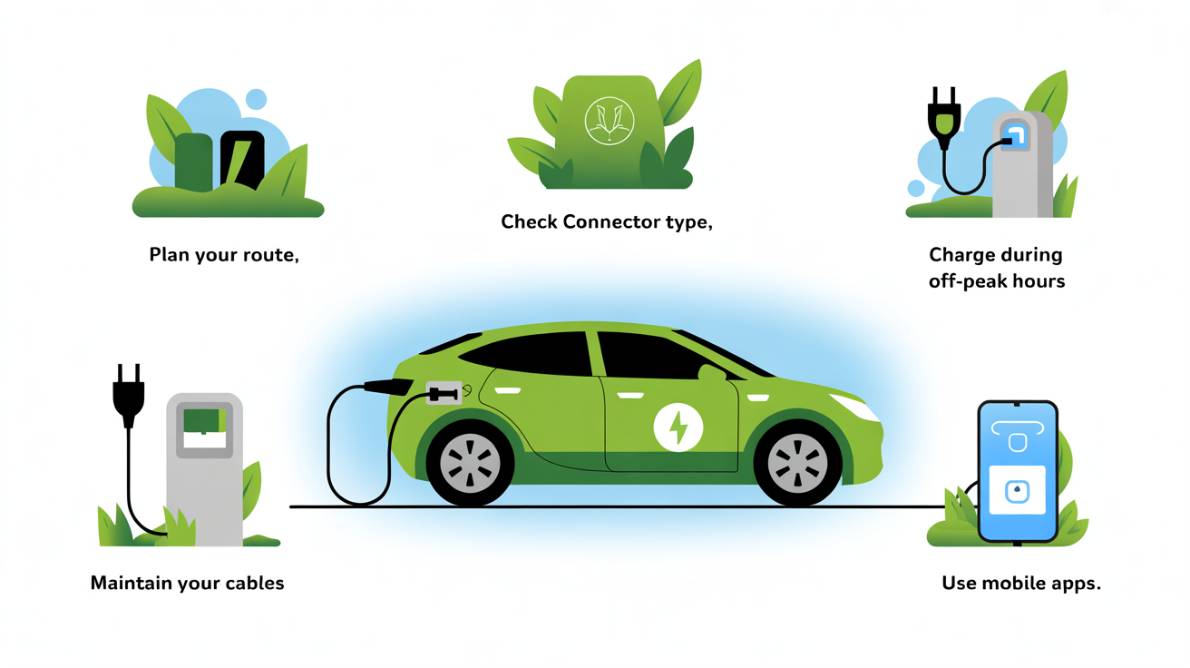
You may be scoping the market for a franchise, but chances are you also drive—or plan to drive—an EV yourself. These field-tested habits ensure stress-free motoring while you monitor electric car charging stations near me.
Plan journeys around charging points
Start every long trip by mapping chargers along the route. Use apps that filter by connector type and speed so you never arrive at an incompatible unit.
Charge during off-peak hours
Electricity tariffs drop at night, and station queues shorten. Scheduling your home charger, or timing mall stops for quieter periods, saves both money and minutes.
Maintain home equipment
Inspect cables, update firmware and keep connectors clean. Neglect can reduce charging speed or trigger safety cut-outs. Professional servicing once a year pays dividends.
Understand charger categories
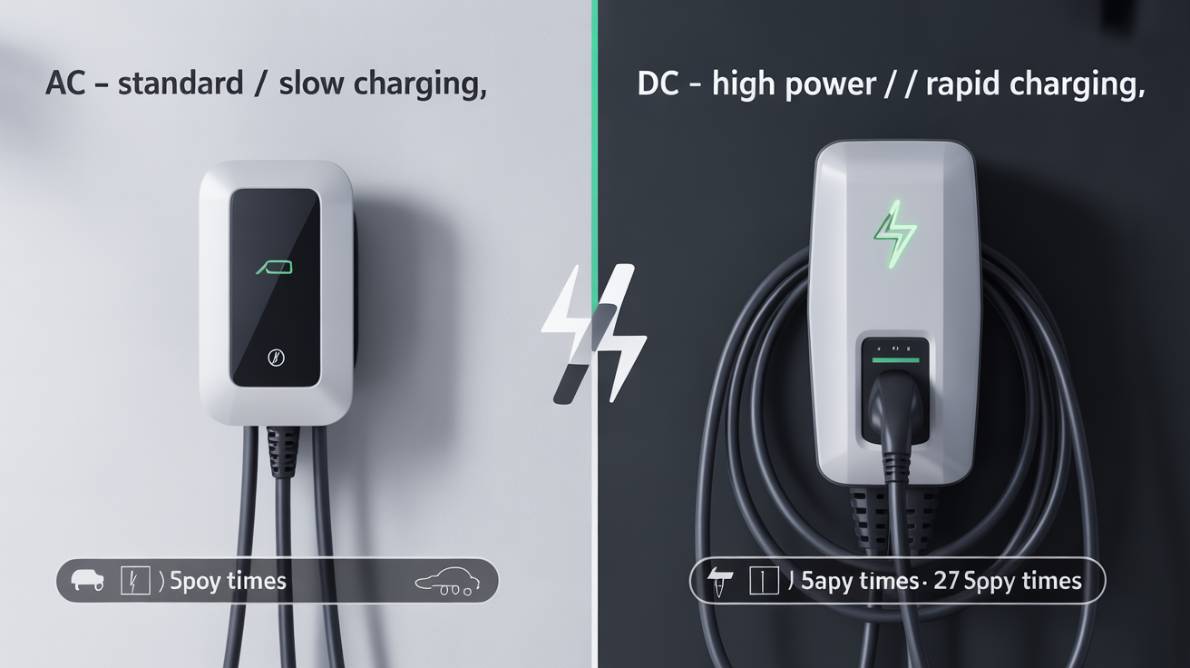
Fast DC units can add 80 per cent charge in under an hour, perfect for road trips. Standard AC wall-boxes suit overnight top-ups. Match the charger to your schedule to avoid unnecessary wait times.
Follow a simple six-step charging routine
- Locate your preferred station via app or infotainment system.
- Navigate to the site with a comfortable battery buffer.
- Park, plug in and verify connection.
- Start the session using an RFID card such as Tata Power’s EZ CHARGE or a mobile wallet.
- Monitor progress remotely; grab a coffee or run errands.
- Unplug, replace the cable securely and confirm payment.
Common pitfalls
Do not overestimate range, especially in extreme heat or cold, and always check station status minutes before arrival. Using the wrong connector or forcing it can cause costly damage.
With these habits, the phrase electric car charging stations near me becomes less about anxiety and more about routine convenience.
Frequently Asked Questions
Q1. Are electric car charging stations free?
Most public chargers charge a fee based on kWh consumed or time connected. Some promotional sites offer free sessions, but you should not rely on them for regular use.
Q2. How much does it cost at an electric car charging station?
Tariffs vary by operator and charger speed. As a rule of thumb, public DC fast charging can range from ₹15–₹20 per kWh, while slower AC points may cost slightly less.
Q3. What is electric car charging stations near me open now?
Using live-status apps such as Tata Power EZ CHARGE or Jio-bp maps lets you filter for stations that are both nearby and currently operational 24 × 7.
Q4. How can I integrate a charging station into my existing business?
Evaluate power availability, apply for the simplified electrical connection offered under local EV policies, and partner with an established network provider for hardware, software and customer reach.
Q5. Why choose an EV over a petrol car when considering running costs?
Electricity is cheaper per kilometre than petrol, and with government subsidies on chargers plus lower maintenance, total cost of ownership often undercuts fossil-fuel vehicles within a few years.
Q6. My charger shows ‘fault’ even after a reset—what should I do?
First inspect the cable for damage and verify that your car’s connector is debris-free. If the fault persists, halt the session and contact the network’s helpline; forcing a connection can harm both vehicle and charger.
Ready to power up your electric vehicle with ease? Explore ThunderPlus’s extensive network of charging stations across India and discover how our franchise models can help you bring convenient charging solutions to your community at thunderplus.io.


